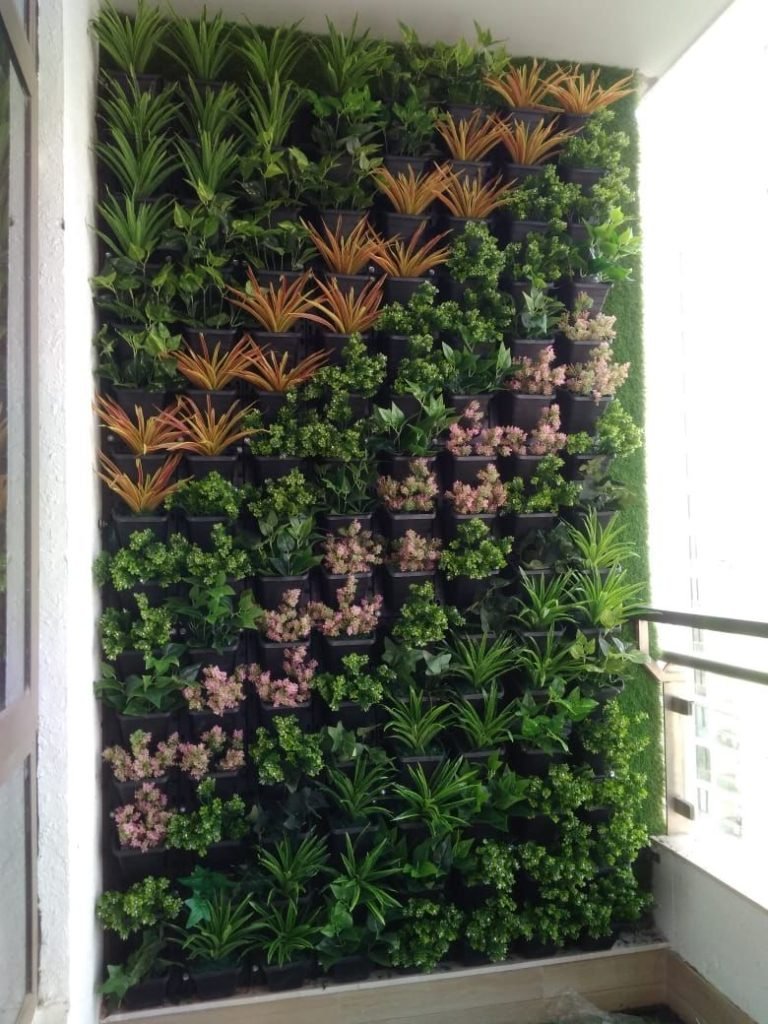Exploring The World Of Horticulture: An Overview
Horticulture, often referred to as the science and art of growing fruits, vegetables, flowers, and ornamental plants, plays a crucial role in shaping our environment and enhancing our quality of life. This diverse field encompasses various activities, from cultivation and propagation to landscape design and plant breeding. In this article, we will embark on a journey to explore the fascinating world of horticulture and gain a deeper understanding of its significance in our lives.
To Know More About It Please Click Here
The Basics of Horticulture
At its core, horticulture involves the cultivation of plants for human use, enjoyment, and beautification. This includes fruits, vegetables, herbs, nuts, seeds, sprouts, mushrooms, algae, seaweeds, and non-food crops such as grass and ornamental trees and plants. Horticulturists employ various techniques to ensure optimal plant growth, such as soil management, irrigation, pest control, and greenhouse cultivation.
Sub-Disciplines of Horticulture
Horticulture is a broad field with several specialized branches, each focusing on different aspects of plant cultivation and management. Some key sub-disciplines include:
- Pomology: This branch deals with the cultivation of fruit-bearing trees and plants. Pomologists work on improving fruit quality, yield, and resistance to diseases.
- Olericulture: Olericulture is the science of growing vegetables. Olericulturists focus on developing methods to enhance the nutritional content, taste, and appearance of vegetables.
- Floriculture: Floriculturists specialize in the cultivation of flowers and ornamental plants. This branch encompasses landscape design, flower arrangement, and breeding new flower varieties.
- Landscape Horticulture: This area involves the planning, designing, and maintaining outdoor spaces, including gardens, parks, and urban landscapes. Landscape horticulturists aim to create aesthetically pleasing and functional environments.
- Medicinal Horticulture: Some plants have medicinal properties, and medicinal horticulturists focus on cultivating and studying these plants for their potential therapeutic benefits.
Significance of Horticulture
Horticulture holds immense significance in various aspects of our lives
- Food Security: The cultivation of fruits and vegetables ensures a stable and diverse food supply, contributing to global food security.
- Environmental Conservation: Horticulture promotes sustainable practices, such as organic farming and permaculture, that minimize environmental impact and preserve biodiversity.
- Aesthetic and Recreational Value: Beautifully landscaped gardens, parks, and green spaces enhance the aesthetic appeal of our surroundings and provide recreational areas for communities.
- Economic Contributions: The horticulture industry is a significant contributor to the economy, providing employment opportunities and fostering innovation in agricultural technologies.
Conclusion
Exploring the world of horticulture reveals a rich tapestry of practices aimed at nurturing and harnessing the potential of plants for the benefit of humanity. From ensuring food security to enhancing the beauty of our surroundings, horticulture plays a multifaceted role in our lives. As we continue to face global challenges such as climate change and population growth, the importance of sustainable horticultural practices becomes even more evident, pointing toward a greener and more resilient future.
Also, Follow us on Facebook







